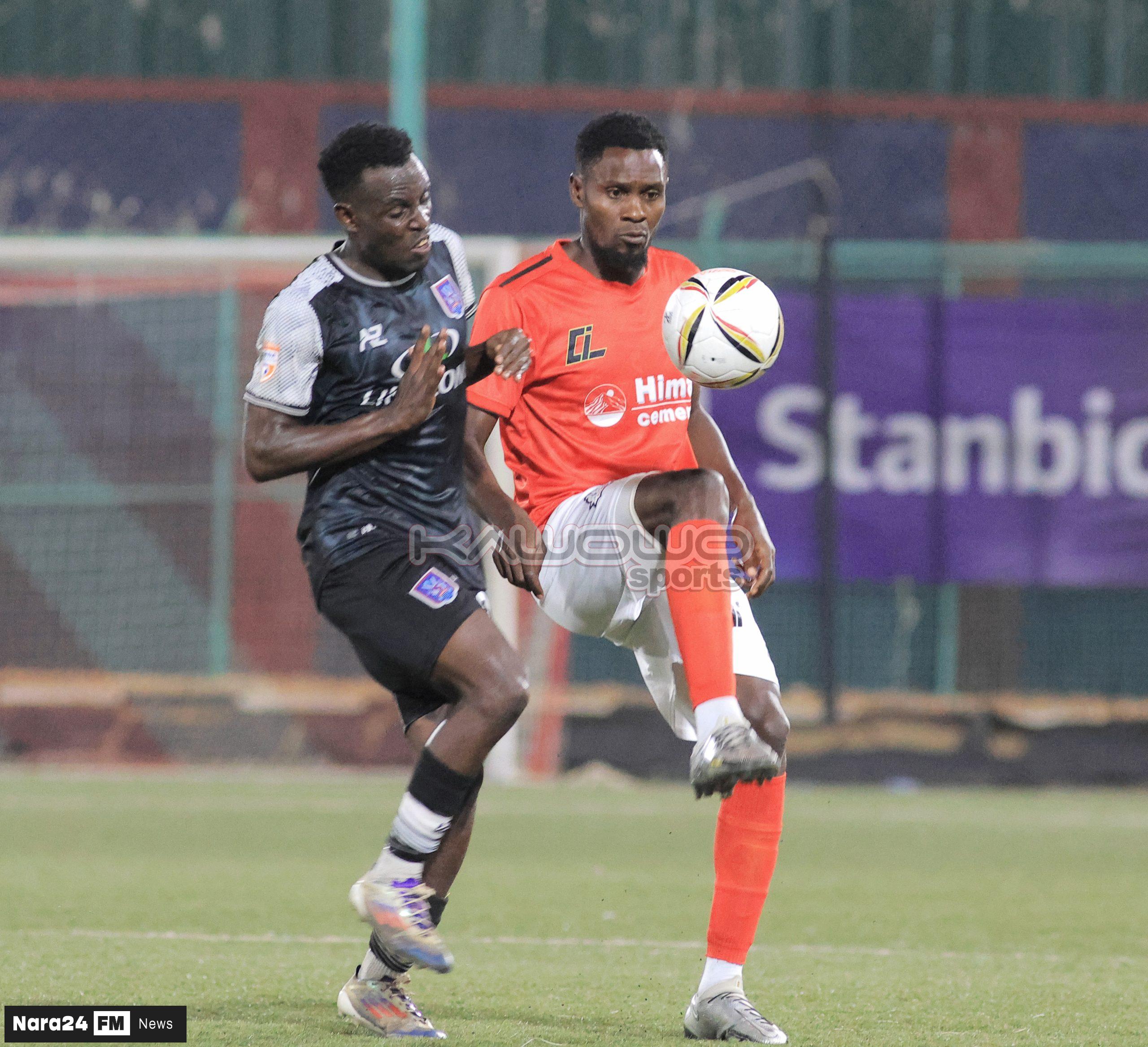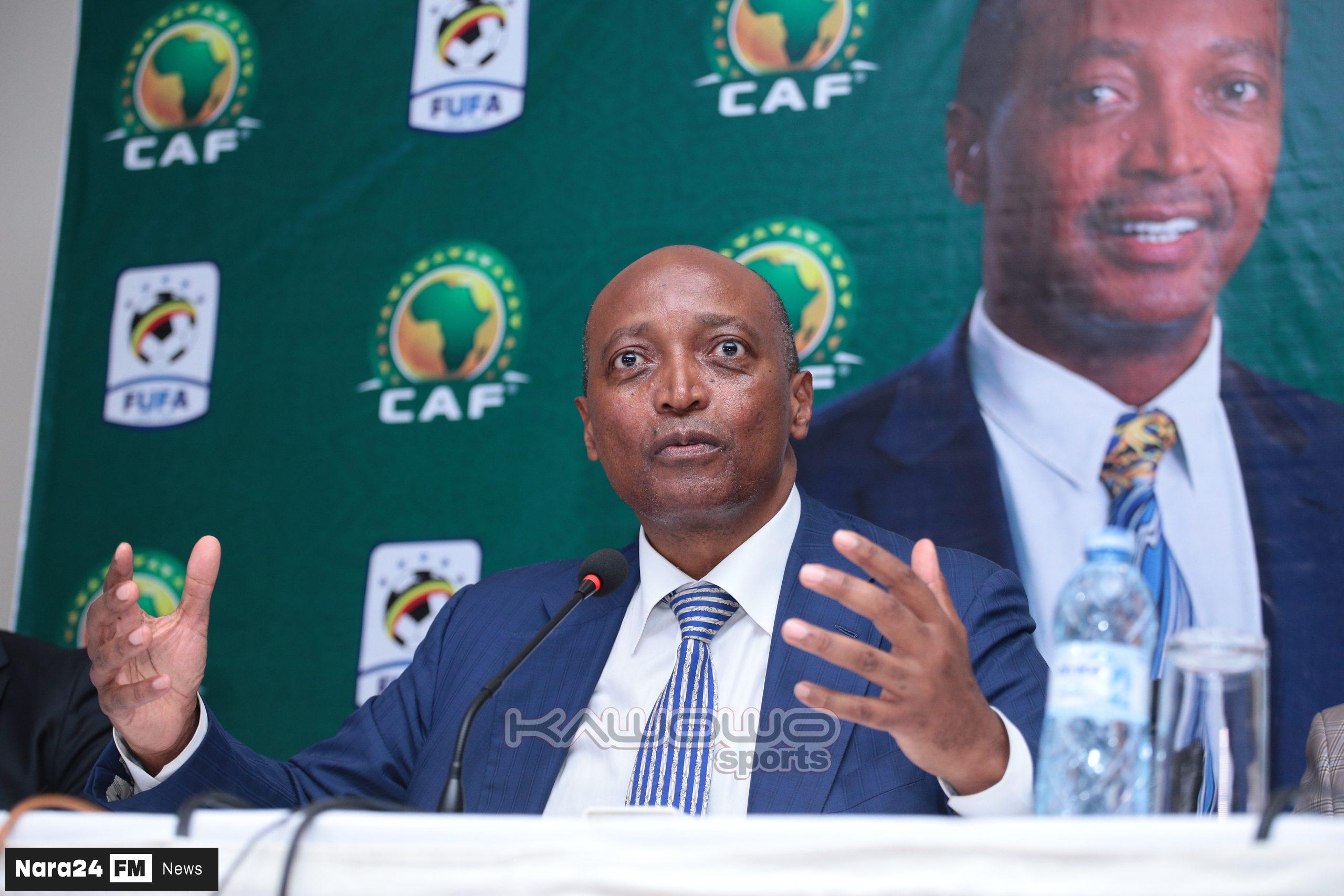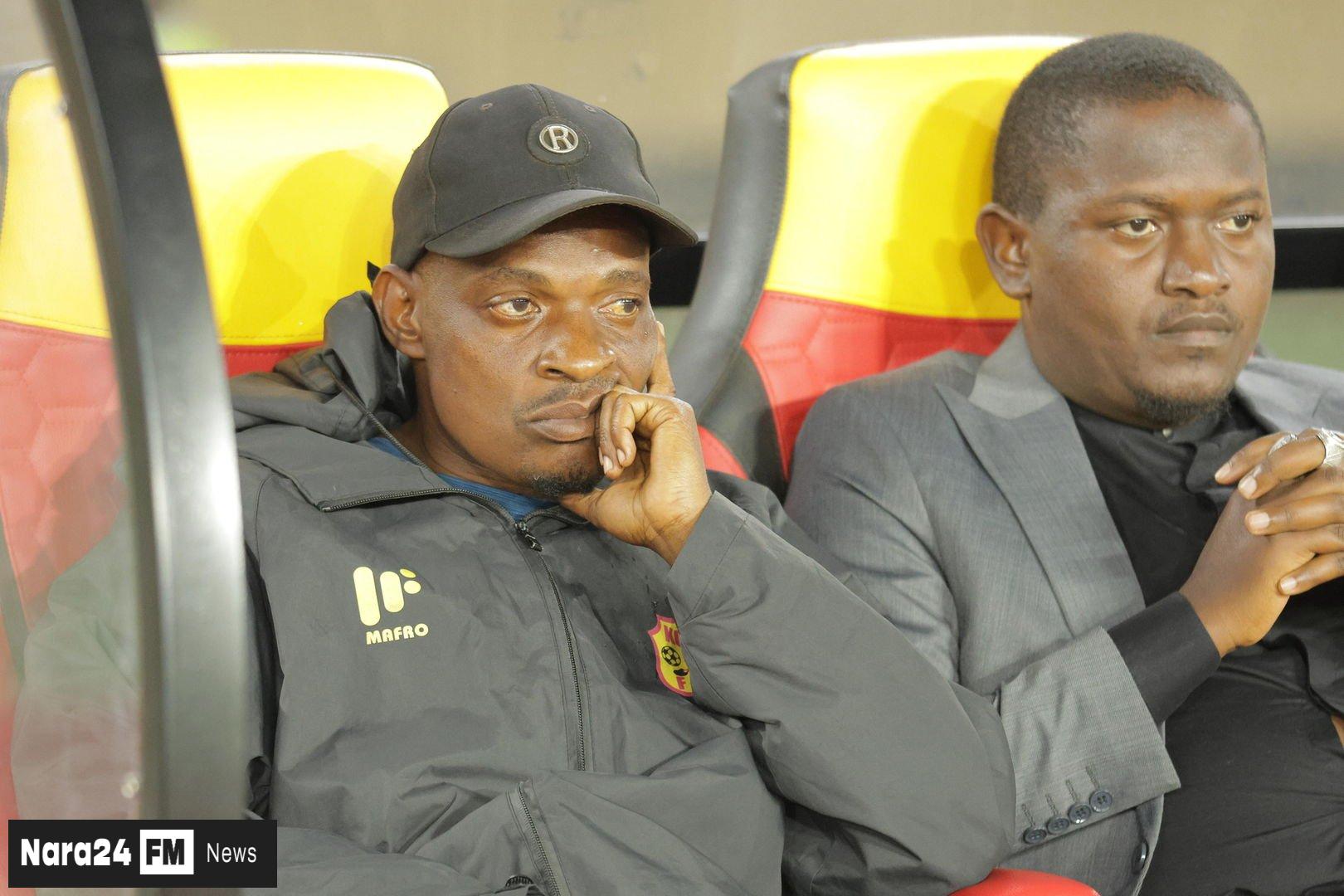The Ugandan football landscape is abuzz following FUFA's announcement of a revamped UPL structure. In a circular signed by CEO Edgar Watson, the 2025/26 season will see the league reimagined with three distinct stages and a promotion/demotion playoff. Proponents argue this will heighten competition, as each match carries significance with prize money allocations and advancement potential.
However, opponents warn the changes could have unintended consequences. Critics point to the top eight teams' early exit from relegation danger, potentially diminishing their competitive drive. This may create vulnerabilities for match fixers to exploit. Meanwhile, the lower-tier teams (9-16) may lose motivation as their relegation battles lack urgency from the start.
The scheduling structure has also raised concerns. Clubs will not have equitable home and away fixtures, especially in the decisive third round. This could introduce bias, particularly if a team like KCCA or Vipers faces opponents they previously played away from home in the final stage. The imbalance in match quantities, with third-round participants playing more games, risks transforming the league into a cup-style competition.
Fan engagement is another critical aspect. While the new format promises more high-stakes encounters between top teams, many believe the repetitive nature of these matches and the exclusion of lower-tier teams from significant encounters will drive viewers away. The loss of tension between title challengers and relegation battlers, a hallmark of the previous structure, is also lamented.
Financial implications have further fueled the controversy. The proposed revenue-sharing model, which deducts a portion of match-day gate collections for FUFA and UPL, has drawn opposition. Clubs, already grappling with financial struggles, argue that the organizations are better positioned to support themselves without burdening teams.
Despite the backlash, FUFA President Moses Magogo defends the changes. He envisions a league where teams face opponents at similar competitive levels, fostering more meaningful encounters. Magogo believes this will enhance the overall quality of football and create a more equitable environment.
As the debate continues, the success of the new format hinges on careful implementation and stakeholder collaboration. Only time will tell whether these changes will strengthen the UPL or create new challenges for the league and its fans.








Comments (0)
Leave a Comment
Be the first to comment on this article!